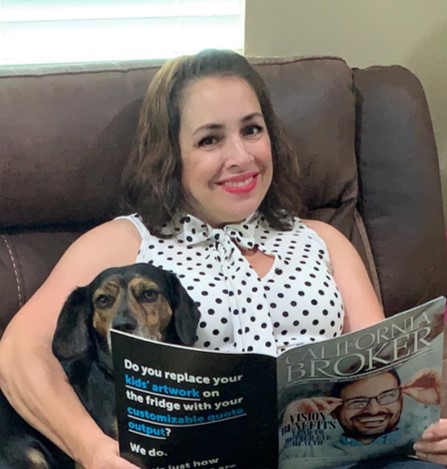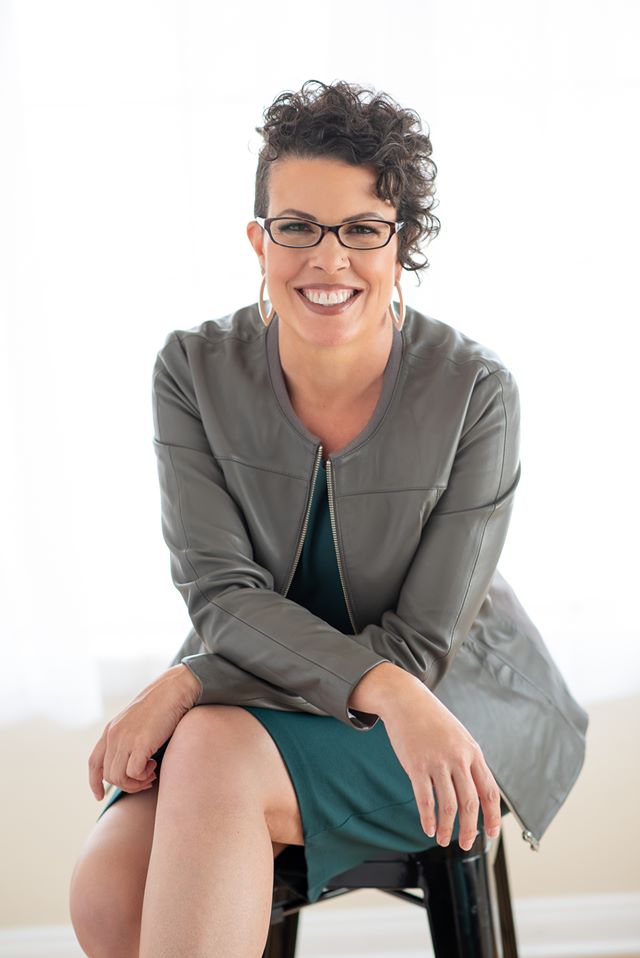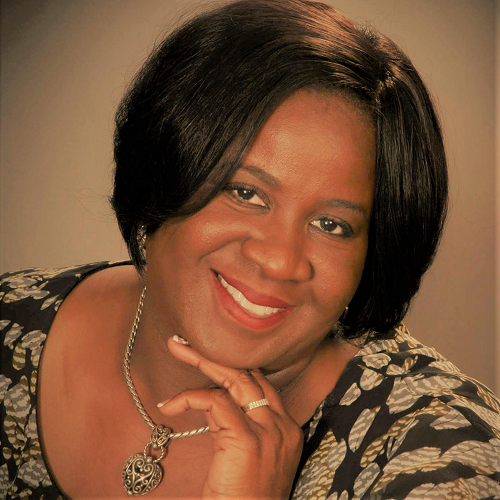
How Women Rise: Part 2 – Being an Expert
By Cerrina Jensen, with Amy Evans and Lisa Hutcherson
This is the second installment of a multi-part series which features a question based on the book “How Women Rise,” by Marshall Goldsmith and Sally Helgesen. Responses are from some of the speakers slated to present at the 2nd CAHU Women’s Leadership Summit (WLS), now rescheduled for March 2021 due to global disruptions caused by COVID-19.
The first installment appeared in the July 2020 edition of California Broker Magazine, where we shared that while this series focuses on female leadership and the 12 habits covered in the book that can hamper success, it’s meant to shed light on these issues for women as well as the men we work, live and play alongside.
This month, Lisa Hutcherson and I both had answers for the question posed by our fellow WLS speaker Amy Evans: “As Sally Helgesen explains in ‘How Women Rise,’ trying to master every detail of your job in order to be seen as an expert is a great strategy for keeping the job you have, but it won’t get you to the next level in your career. Yet women often make the mistake of thinking that experience is the best route to success. And then they stay stuck where they are. Have you struggled with this, and has it slowed your ability to move forward in your career? Is this something you have been able to overcome? If so, how?”
I loved what Lisa had to say, especially her opening: “As I pondered this series of questions, my immediate response was YES, YES and YES!” Isn’t it the truth, if we are actually telling it? Yes, I know all too well that simply mastering a topic is not enough. You can become an expert du jour in just about any subject these days, especially today with YouTube PhD’s and Netflix University. But knowledge and experience will only take you so far.
Lisa’s right that “becoming an expert within your chosen field or industry is very important.” But she and I both know that “it’s not enough for career advancement. Nor does it provide job security or protection when there is a departmental or position restructure.” Lisa also brings her own perspective to the table as an African American woman. She adopted a deliberate mindset very early on, based on these beliefs:
- I need to learn the job faster than my counterparts
- I need to bring in additional ideas
- I need to work twice as hard to ensure my own job security
While she thought this would demonstrate her “worth and value, and open doors for advancement,” she learned that simply following those principles actually did not supersede stereotypes of race or gender. Instead, she found herself “moving laterally for years with only slight differentiations, still ending up in the same roles.” But, she finally had a breakthrough moment “and realized I was missing one key component—relationships!”
Lisa discovered that “healthy relationships with the right people—key people within the organization or industry who had a seat at the table where opportunities were being discussed” had much more of an impact on her upward mobility than the foundational knowledge and performance she knew she had to deliver.
While I obviously can’t personally relate to the experience of an African American professional in our industry, I can and do absolutely honor her perspective and the opportunity it affords me to grow and evolve alongside her as a colleague and a friend. As a woman, I can certainly also echo my own false narratives that I fell for in the past. For me, it was more about an internal struggle to suppress my sense of power and prowess lest I come off as some kind of arrogant diva who should take up residence in Snootyville. I bought into the stupid misconception that men could be as aggressive as they wanted, but women needed a certain sense of restraint and deference. So, I’d slip into my “teacher” persona—where I could play more safely.
Like Lisa, I was able to overcome this silly charade by aligning myself with those men and women I wanted to emulate. My impressive collection of affirmations includes this one: “Work until your idols become your rivals.” I absolutely love that, because it’s quite true. We’ve all seen plenty of books and training systems based on the underlying message that who you surround yourself with is so critical to your momentum and outcomes, and not just in business.
As Lisa says, “being a subject matter expert is great and important. However, if said expertise is kept to myself and known only to a few close friends who are in the same boat, the potential to remain stagnant is astoundingly real.” This reminds me of a conversation I had a few years back about marketing and brand positioning. Something along the lines of the old adage about shouting in the woods but no one can hear you. As the saying goes, knowledge is power. But not if you squash it with a false sense of security because you know stuff.
Yes, it’s important for ANY professional with aspirations beyond your current station in life to grow your knowledge and seek opportunities to expand your experience. For sure —those are key factors in achieving success. But that alone will not get the job done. Pursue meaningful relationships with like-minded humans; always give (and receive) value and respect, and never ever stand in your own way.

Cerrina Jensen is an associate VP in the Benefits Division of CoreMark Insurance, and the founder of Stellar Stories, a startup communications and leadership development firm.
 Amy Evans is the president of Colibri Insurance Services, a boutique insurance agency that simplifies employee benefits for employers in Southern California. She’s also the founder of AlignWomen, a leadership and networking organization for professional women.
Amy Evans is the president of Colibri Insurance Services, a boutique insurance agency that simplifies employee benefits for employers in Southern California. She’s also the founder of AlignWomen, a leadership and networking organization for professional women.

is the West Territory Enrollment manager for Aflac and the founder of Darlis LLC, a company specializing in training leaders in both business and ministry. She is also a certified John Maxwell trainer, business coach, public speaker, poet and author.
